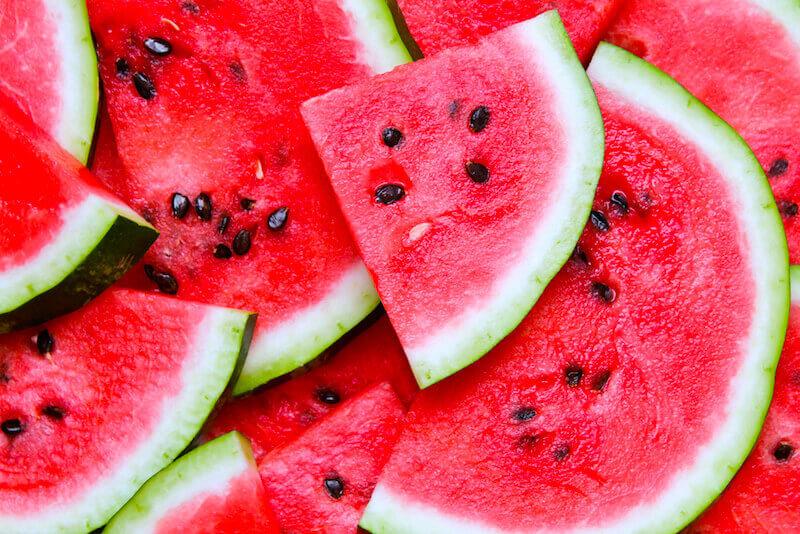Watermelon, a juicy and refreshing fruit, is not only a delightful summer treat but also a natural remedy with numerous health benefits. Beyond its thirst-quenching qualities, watermelon has been recognized for its potential to heal various skin problems.
This article explores the scientific evidence behind watermelon's healing properties, examining its rich nutritional composition and the specific compounds that contribute to its skin-healing abilities.
Nutritional Composition of Watermelon
Watermelon is composed of approximately 92% water, making it an excellent hydrating fruit. However, its nutritional profile extends far beyond its water content. It is also a rich source of vitamins A, C, and B6, as well as essential minerals like potassium and magnesium. These nutrients play vital roles in maintaining healthy skin by promoting cell regeneration, collagen production, and protecting against oxidative stress.
Antioxidant Content
Watermelon is abundant in antioxidants, including vitamin C, lycopene, and beta-carotene. Antioxidants are essential for combating free radicals, which can cause oxidative damage to the skin. The high vitamin C content in watermelon helps neutralize free radicals and reduce inflammation, thereby promoting skin healing.
You may also use candid b cream 20gm to heal skin problems. Lycopene, a potent antioxidant found in red-fleshed watermelon, offers additional protective effects against sun damage and enhances the skin's natural defense mechanisms.
Hydration and Moisturization
Due to its high water content, watermelon is a superb hydrating agent that can improve skin health. Proper hydration is crucial for maintaining skin elasticity, preventing dryness, and reducing the appearance of fine lines and wrinkles. Watermelon's water content, coupled with its vitamins and minerals, aids in retaining moisture within the skin cells, keeping the skin supple and radiant.
Anti-Inflammatory Properties
Watermelon possesses anti-inflammatory properties that can benefit various skin conditions. Inflammation is a common factor in skin disorders such as acne, eczema, and psoriasis. The presence of cucurbitacin E in watermelon contributes to its anti-inflammatory effects by inhibiting the activity of certain enzymes involved in the inflammatory response.
This property makes watermelon a potential natural remedy for soothing skin inflammation and promoting healing.
Collagen Production and Skin Regeneration
Watermelon contains an amino acid called citrulline, which plays a role in promoting collagen synthesis. Collagen is a protein that provides structural support to the skin, ensuring its firmness and elasticity. By stimulating collagen production, watermelon helps to maintain youthful-looking skin and aids in the healing of wounds, scars, and other skin conditions.
Conclusion
Watermelon is more than just a tasty fruit it is a natural ally for skin health and healing. Its nutrient-rich composition, antioxidant content, hydration properties, anti-inflammatory effects, and collagen-promoting abilities make it a beneficial addition to any skincare routine.
Regular consumption of watermelon or topical application of watermelon extract or juice can help improve various skin problems, including dryness, inflammation, and signs of aging.
However, it is important to note that while watermelon can support skin health, it should not replace proper medical care for chronic or severe skin conditions. As always, consult a healthcare professional for personalized advice.
Incorporating watermelon into a balanced diet and skincare regimen may contribute to healthier, more radiant skin, helping you look and feel your best.
Visit medicationplace site for more details.
